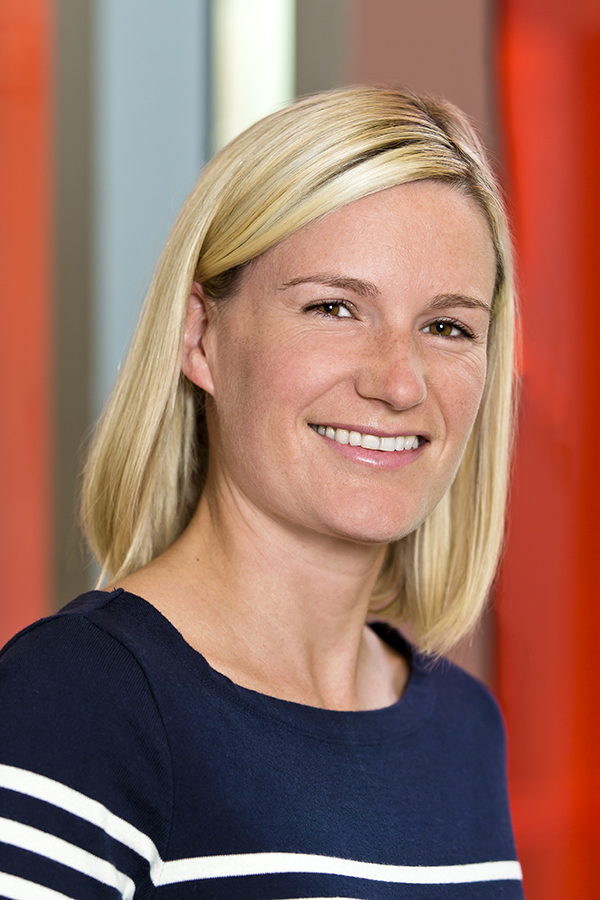Suvi Gezari Will Give Kavli Plenary Lecture in Honolulu

Richard Fienberg Running Hare Observatory
This post is adapted from an AAS press release:
 With support from the Kavli Foundation, the AAS Vice-Presidents name a special invited lecturer to kick off each semiannual AAS meeting with a presentation on recent research of great importance. At the 235th AAS meeting in Honolulu, Hawaii, on 5 January 2020, the Kavli Foundation Plenary Lecture will be given by Dr. Suvi Gezari, Associate Professor in the Department of Astronomy at the University of Maryland in College Park.
With support from the Kavli Foundation, the AAS Vice-Presidents name a special invited lecturer to kick off each semiannual AAS meeting with a presentation on recent research of great importance. At the 235th AAS meeting in Honolulu, Hawaii, on 5 January 2020, the Kavli Foundation Plenary Lecture will be given by Dr. Suvi Gezari, Associate Professor in the Department of Astronomy at the University of Maryland in College Park.
Gezari is a world leader in the study of transient phenomena in astronomy and is particularly well known for her discovery and analysis of tidal disruption events (TDEs), flares of light emitted when stars are torn apart by the gravitational pull of supermassive black holes in the centers of galaxies. She has transformed TDEs from a theoretical concept to an observational reality, discovering large numbers of these events and using them to explore the nature and growth of supermassive black holes and their environments. The title of her Kavli lecture will be “Black Holes Snacking on Stars: A Systematic Exploration of Transients in Galaxy Nuclei.”
Gezari earned her bachelor’s degree in math and physics at Brown University in Providence, Rhode Island (1999), her master’s in astronomy at the University of California, Los Angeles (2001), and her doctorate in astronomy at Columbia University in New York City (2005). She joined the University of Maryland faculty in 2012 after completing a Voluntariat International fellowship at Caltech and a Hubble fellowship at Johns Hopkins University, where she also spent two years as a staff scientist.
“I have been attending winter AAS meetings since January 1999,” says Gezari, “when I was an undergraduate presenting results from my summer research program at the Maria Mitchell Observatory on Nantucket Island, Massachusetts. If you’d told me then that I would be giving a plenary lecture 21 years later, I don’t think I’d have believed it. Thank you to the AAS Vice-Presidents and the Kavli Foundation for recognizing my work — this is truly an honor!”

